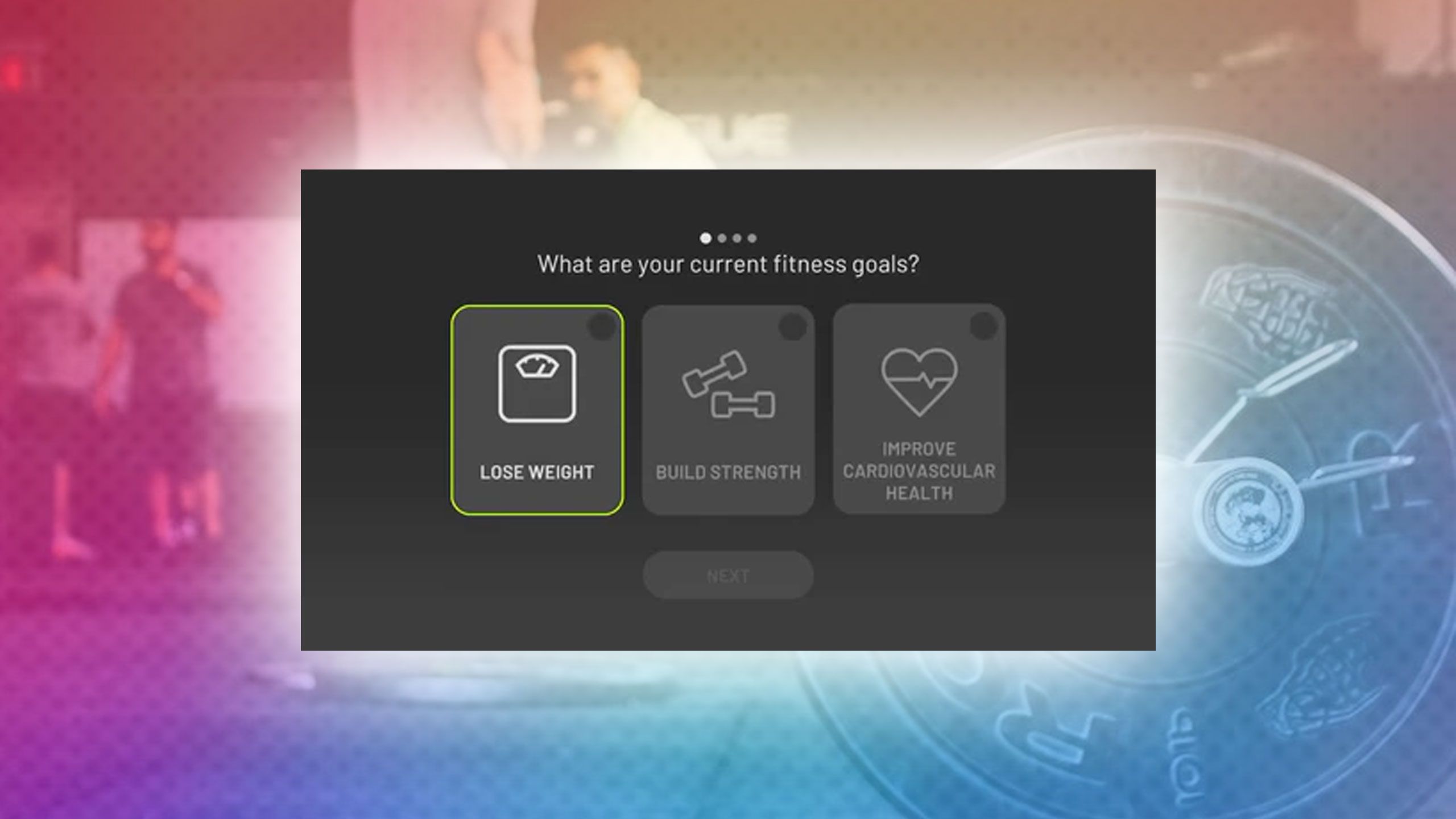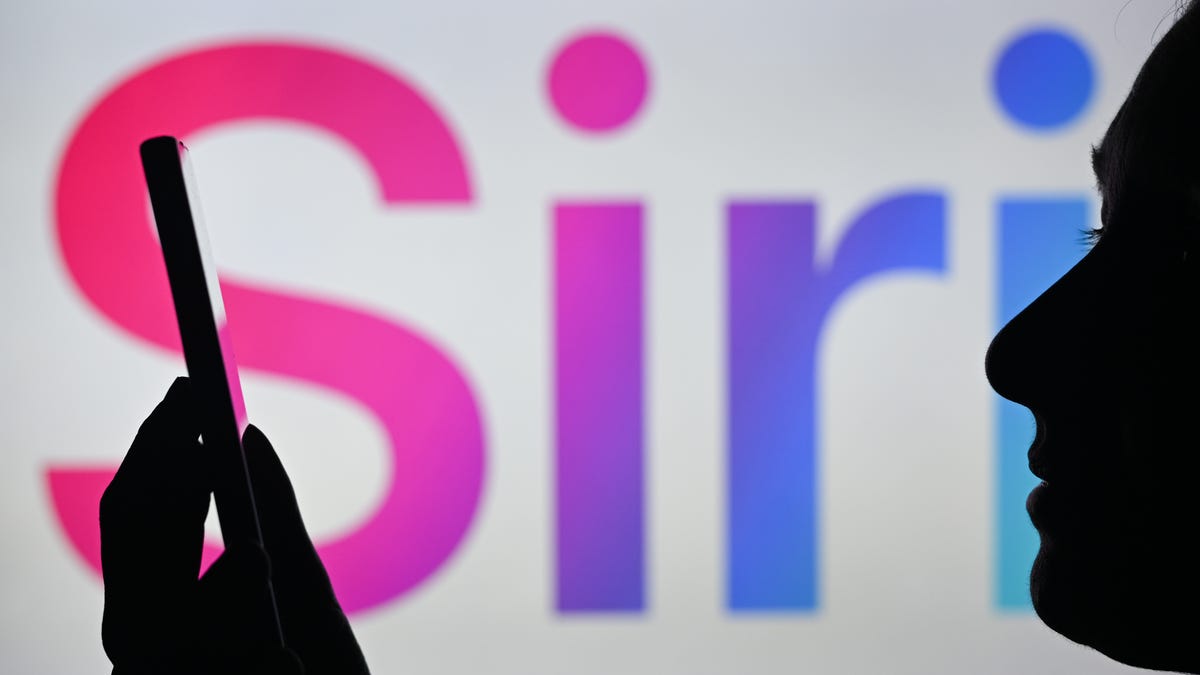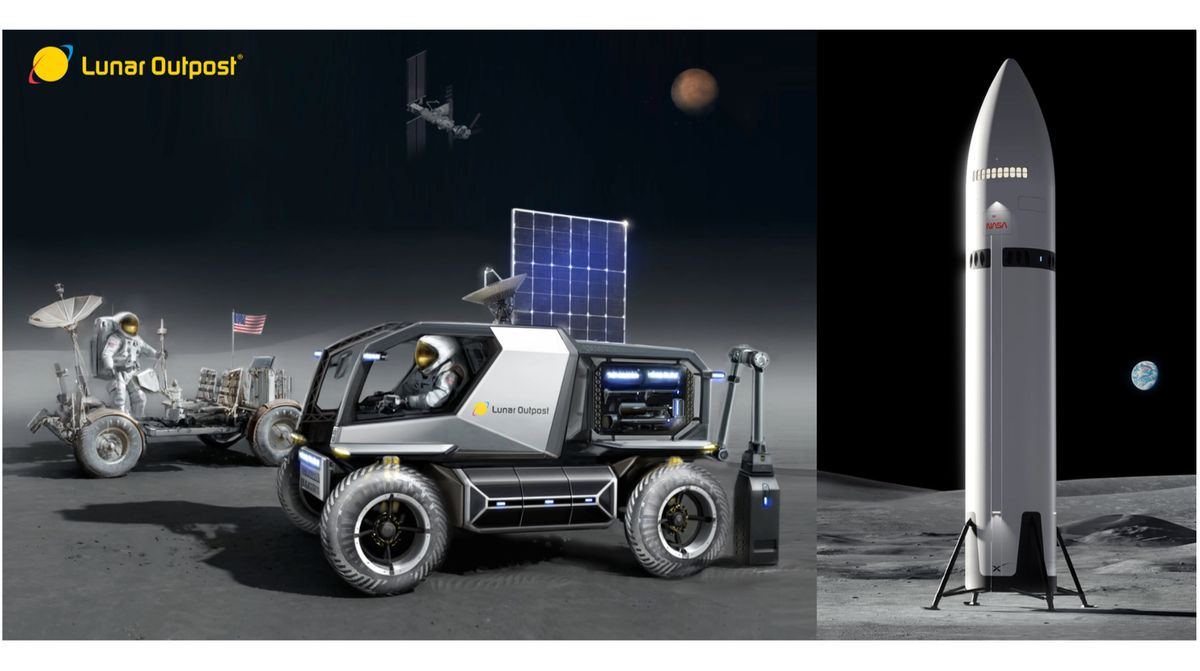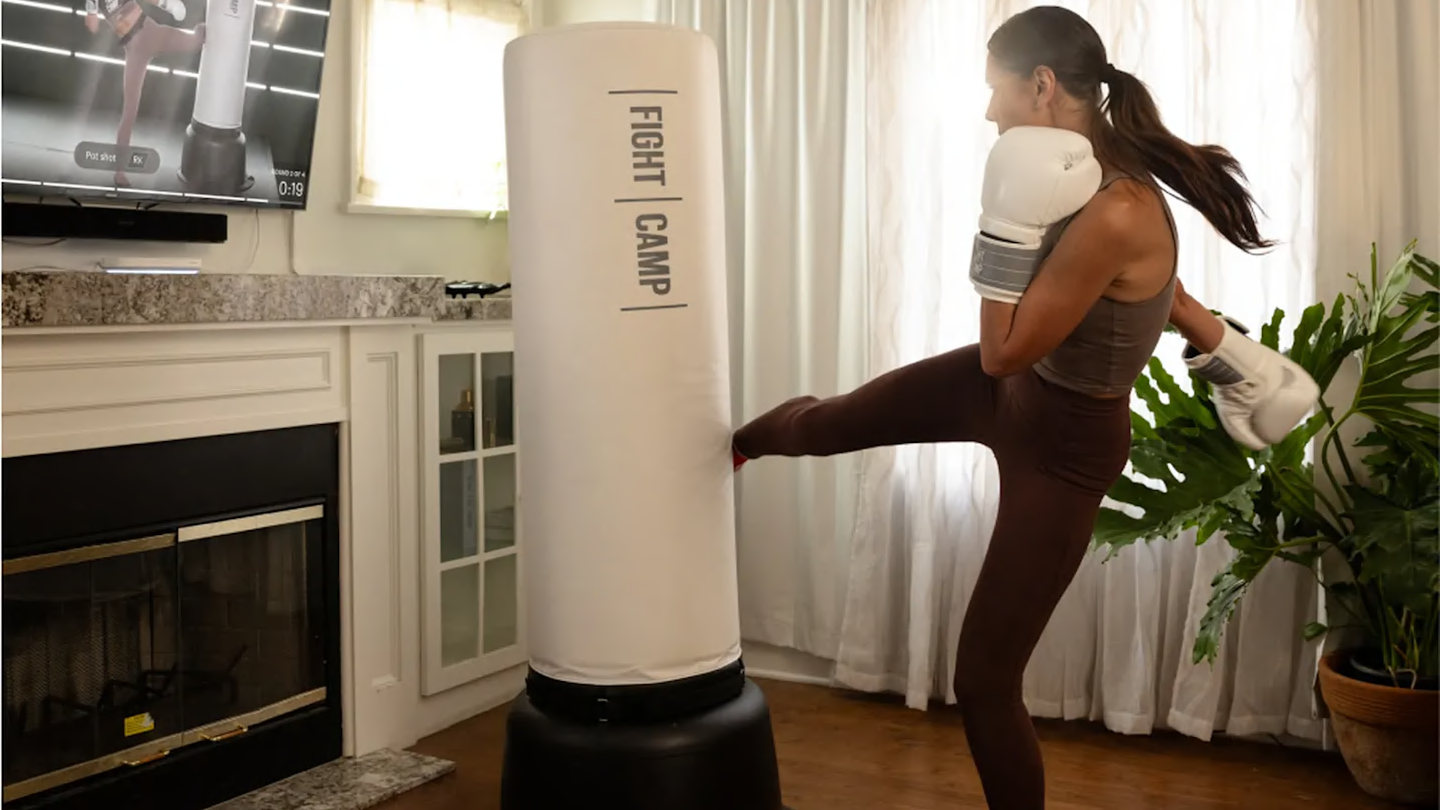Travel
Golden gap years and youth cruises: Marketers on 2024’s travel trends

Over-50s planning ‘gap years’. Young people taking cruises. For our travel & tourism focus week, leading marketers take us through an inter-generational shape-shift.
If the idea of 18-year-olds sitting aboard cruise ships watching videos of their parents tubing in Laos disconcerts you, fear not. The Drum recently hosted a panel of travel experts to discuss the industry trends exciting them most. And as well as ‘Golden gap years‘, our gurus touched on cost-of-living ‘dupe‘ destinations, traveling with influencers, and the rise of alcohol-free travel.
1. AI takes a trip
If you thought holidays were one of the remaining places free from AI, you’d be wrong. Robert Stevenson, head of business strategy at The Fifth, says that we’re amid a precipitous rise of chatbots helping people plan their holidays. Take, for example Layla: an AI assistant integrated into Instagram that surfaces images and videos alongside suggestions. Or TripAdvisor’s AI ‘trip builder’.
People on average view 141 pages of travel content in the 45 days before they book a trip, according to Expedia. AI chatbots, Stevenson says, may help travelers to find their answers without such a great slog through webpages. “Consumers are overwhelmed at the moment, particularly on social, with how much content they have to wade through… I feel like anything that can help consumers streamline that process should probably be welcomed,“ he added.
Powered by AI
Explore frequently asked questions
Daniel Tyler, head of client servicing for Landour in Dubai, agrees that AI ishelpful for potential travelers, not least in overcoming the TikTok blight of viral tourism. “Your average free, independent traveler is planning an experience,” he says. “But there’s so much to read that they end up going with a TikTok trend, which is probably the worst experience they can have. Tyler points to the wealth of reporting this Summer, from places including Japan, ”about the massive over-consumption or over-arrival of tourists this year.”
Isabella Benayoun, client partner at Kepler, says that the true strength of AI is its promise of personalization. ”You can put in all the inputs, and you’re taking all the inspiration you’ve gotten from all these channels. But ultimately, it’s spitting out a recommendation that are built for you… which is kind of what travel agents used to do.”
2. Travel-agent influencers
Still, though, members of our panel recognize a continued role for travel agents, particularly for wealthy travelers. And Sophie Lerway, associate director at Clear M&C Saatchi, also pointed to a new role for influencers: acting as travel agents and guides at the same time, by hosting their versions of package tours.
“It speaks to that need for connectivity and the sense of self-discovery that people look for in travel,” Lerway explained. “It’s not super expensive. It’s more than your average, I imagine, but it’s kind of within the ‘mass’ realm. So that’s a quite interesting take on the travel agent role.”
3. Social search will continue to change travel
Nick Mattera, vice president of Americas at Ykone, argues that smart strategists in the social space will be keeping a close eye on social search. While the viral ‘stat’ that 40% of gen Z choose TikTok over Google for search may be overstated, the shift is real. “I think there’s a huge opportunity for brands to really think about ‘what does a TikTok SEO strategy look like?‘,” Mattera says. “I don’t think a lot of brands are talking about that.”
4. ‘Meaningful travel’ and wellness
Under the rubric of meaningful travel, tourists feel they have taken something more substantial that a souvenir with them from their holiday, usually a sense of self-growth. Stevenson of the Fifth says that this is an opportunity for tourism destinations. The question, he says, is how they can position themselves to best take advantage of the trend.
Shelina Taki, head of strategic insights and planning at PMG, says that engaging with wellness trends has a part to play in this strategy. “I think part of the way brands can engage is by promoting wellness through self-discovery,” Taki says. “Yes, you’re going out to explore other cultures and places. But it’s also, I would say, self-indulgent, because you’re really reflecting on yourself and your place in the world.
“We’re seeing younger generations talk about that more after spending three years basically inside… Where do I fit into the world? What’s the meaning of life? What are my values? How do I want to show up? Those are really big questions, and people are looking to leave where they’re from to find the answers.”
5. Youth cruises and golden gap years
Liam Corrigan, founder and creative director at Redpill, says that more young people are searching out alcohol-free travel options. “There is this association of indulgence when you’re away, particularly if it’s all-inclusive, or luxury, and so forth. [Alcohol-free travel] is certainly becoming a movement. And I think that correlates with gen Z who are not drinking as much.”
Young people are also increasingly taking cruises, said Libby Windle, group head of PR at Connective3. “I think that’s because a lot of the cruise lines offer multiple destinations in one trip and then from there the excursions are all part of that experience,” she said.
At the same time, their parents are packing their metaphorical backpacks, said Matthew Russell, digital strategy director at Croud. A third of people taking a gap year are now over the age of 30, while two-fifths of people over the age of 50 are planning similar extended trips, Russell says.
Micro-segmentation has a role to play in accessing these emerging demographics as well as repositioning old destinations to appeal to them, he said.
“How do you create that association, not just for your brand, but for the location itself?” he asked.
For more on travel, tourism and the auto industry, head over to The Drum’s dedicated focus week hub.







